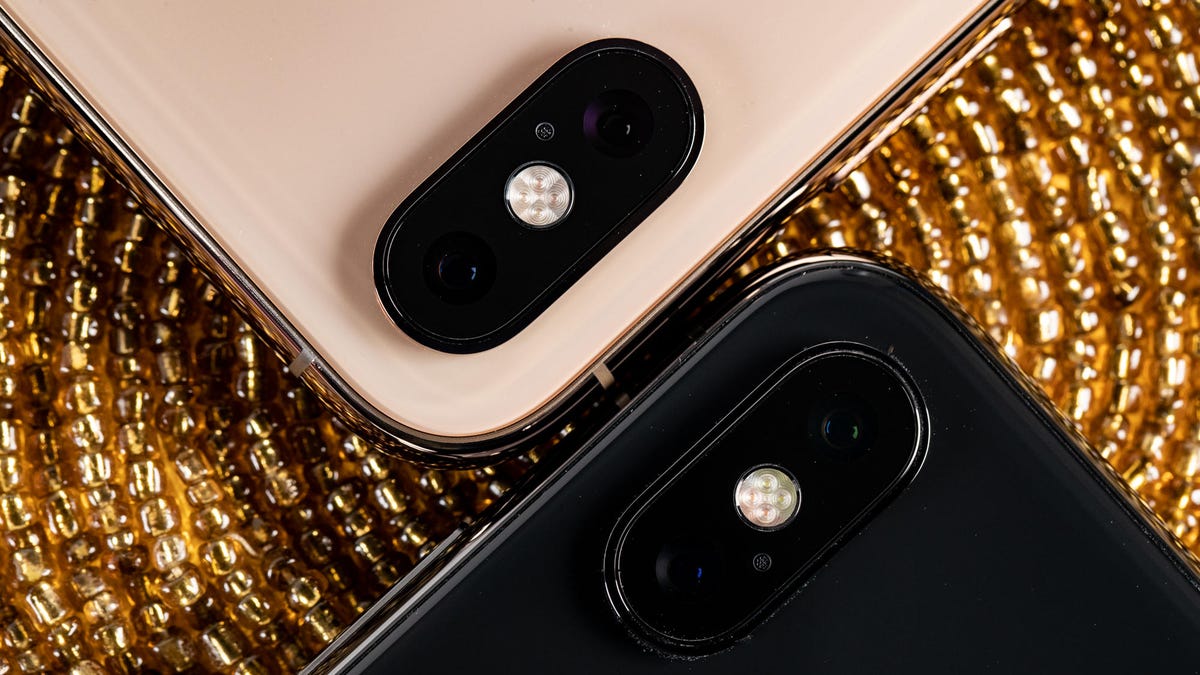Qualcomm accuses Apple of giving chip secrets to Intel
The chipmaker says Apple stole source code and other confidential information.

Qualcomm has accused Apple of stealing confidential information and trade secrets related to its chip software and then providing the info to Intel , a rival chip company.
Apple gave Intel engineers confidential information, including Qualcomm source code and log files, to overcome flaws in their company's chips used in iPhones , according to a lawsuit filed Monday with the Superior Court of California. Qualcomm says in the complaint that Apple uses this "second source of chipsets" to pressure it in business negotiations.
Apple stopped using Qualcomm chips in its iPhones because of an ongoing legal dispute. It now uses Intel modems instead.
The two companies have been fighting over patents since January 2017, when Apple filed suit against Qualcomm for roughly $1 billion, saying the maker of wireless chips didn't give fair licensing terms for its technology. Apple wants to pay a lower amount for using Qualcomm technology in its devices. Qualcomm, the world's biggest provider of mobile chips, responded by suing Apple for patent infringement and seeking a ban on iPhone sales. The company maintains that no modern handset -- including the iPhone -- would have been possible without its cellular technologies.
The new complaint from Qualcomm is an amendment to a November 2017 suit filed against Apple. Qualcomm says newly uncovered facts have given rise to additional charges against the iPhone maker, including trade secret appropriation and breach of agreement.
Qualcomm declined to comment, but told CNBC the case would have been filed regardless of its ongoing litigation with Apple.
"Unlawful use of Qualcomm's valuable trade secrets to try to help a competitor catch up irreparably harms us and must not be allowed to continue," Donald Rosenberg, Qualcomm's general counsel, told CNBC.
In response to a request for comment, an Apple spokesperson pointed to the company's earlier comment, in June 2017, regarding the case.
"Qualcomm's illegal business practices are harming Apple and the entire industry. They supply us with a single connectivity component, but for years have been demanding a percentage of the total cost of our products -- effectively taxing Apple's innovation," the Apple spokesperson said in an emailed statement. "We believe deeply in the value of intellectual property but we shouldn't have to pay them for technology breakthroughs they have nothing to do with."
Intel declined to comment.
CNET's Carrie Mihalcik contributed to this report.
First published Sept. 25, 7:39 a.m. PT.
Update, 8:20 a.m. PT: Adds more background and responses from Apple and Intel.
Making 5G a reality: Qualcomm says it'll come to smartphones next year.
iPhone XS vs. iPhone X: The camera makes all the difference.

